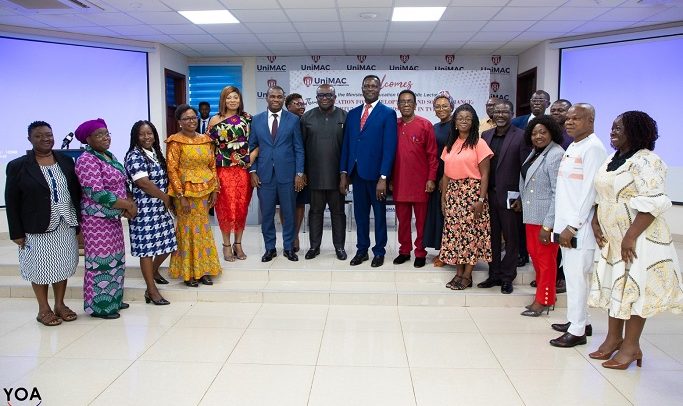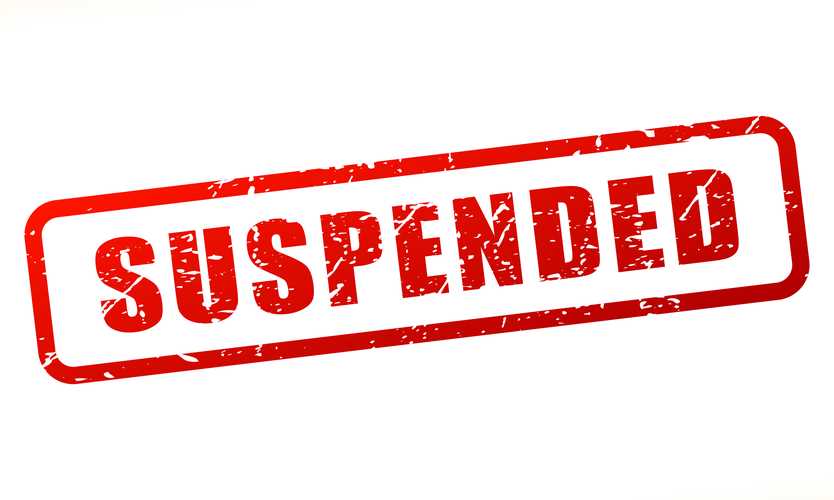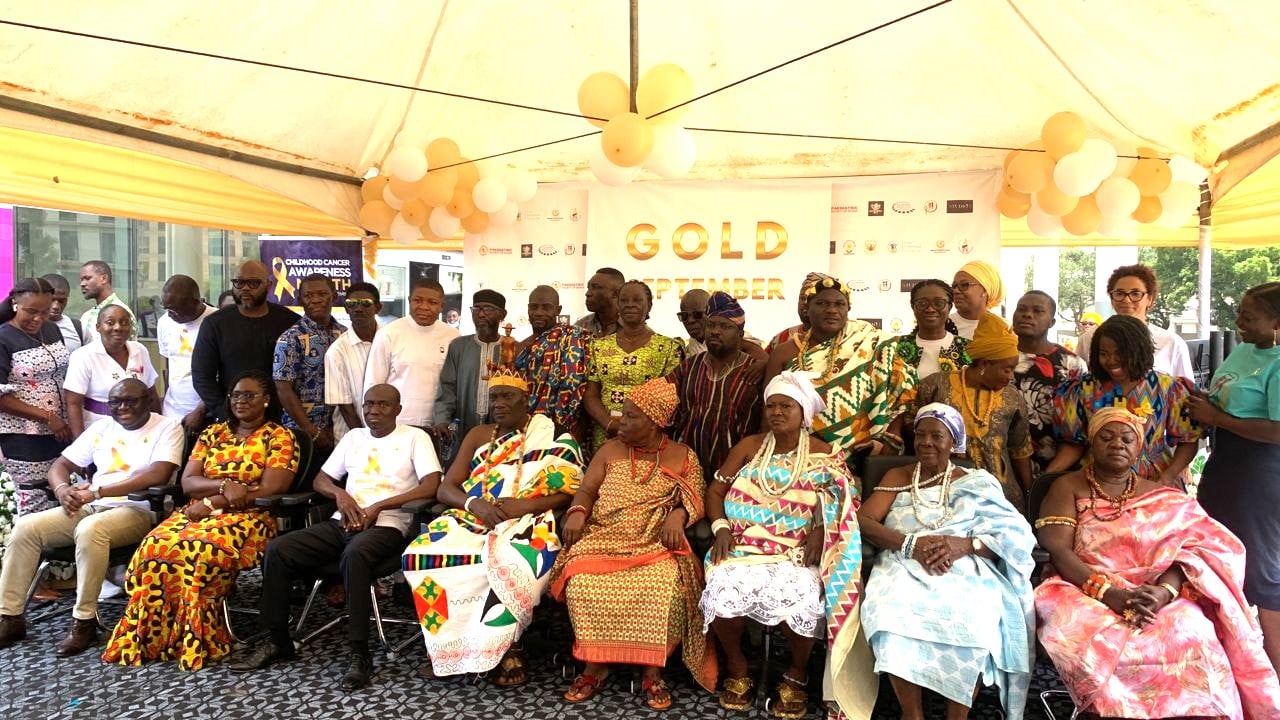
Every brand has a season, but not every brand outlives the season. If you want your personal brand to go beyond trends, hype, or social media noise, you need to focus on: Timeless Branding Assets.
These are the things that don’t expire. They stand the test of time and keep your name and impact alive, even when the spotlight moves elsewhere.
Over the years—through writing more than sixty books, speaking, training, and working with brands—I’ve observed that certain assets continue to deliver value long after campaigns have ended and trends have shifted. They don’t fade; instead, they deepen your influence and multiply your reach across generations.
In this piece, I’ll share four of these critical assets that can help you grow a brand that endures:
- Books
- Podcasts
- Websites
- Reputation
If you build intentionally in these areas, you’ll leave a lasting mark, create generational impact, and secure a brand that remains relevant long after you.
Books – The First Timeless Asset
If there’s one branding asset that has outlived kings, presidents, and empires, it is the book. Long before social media platforms, podcasts, and websites, books were shaping cultures, preserving knowledge, and transferring wisdom from one generation to the next. As an author of over sixty published books, I’ve seen firsthand how a book can outlive the author, travel where the writer has never been, and influence people you may never meet.
The late Dr. Myles Munroe once said, “The world is ruled by dead men.” What he meant is simple: the philosophies, ideas, and principles that shape societies today are largely inherited from people who are no longer alive—yet their works remain with us because they documented them in books. Whether it is Plato, Shakespeare, Achebe, or Mandela, their voices still echo through the power of writing. This is why I call a book a timeless asset for anyone serious about building a personal brand.
A book does more than share your ideas. It positions you as a thought leader, a credible authority in your field. In a world where attention spans are short and trends come and go; a well-written book keeps you anchored. Years after your videos may stop trending or your social media account goes quiet, your book will still sit on shelves, in libraries, in digital stores—waiting to inspire the next reader.
But here’s the key: don’t just write a book; write a meaningful one. Write to solve a problem, answer a question, or share insights that will remain relevant years from now. A vanity book won’t stand the test of time, but a transformational one will.
Actions You Can Take:
- Document your expertise: Whatever field you’re in, start compiling lessons, case studies, and personal experiences that can become a book.
- Write with legacy in mind: Aim to create a resource your children, students, or clients can still reference twenty years from now.
- Leverage the book as a tool: Use your book as an introduction to new audiences, as a training resource, or as a door-opener for speaking engagements.
- Self-publish if you must: With today’s tools, you don’t need to wait for a publisher. You can take control and release your work globally.
When you have a book in your name, you’ve built more than content—you’ve built a legacy. Every serious entrepreneur, professional, or leader should aim to leave behind at least one book. It is one of the surest ways to keep your voice alive long after you’ve gone.
Podcasts – The Modern-Day Pulpit
Two decades ago, when Apple introduced the iPod, few imagined that the little device would spark a communication revolution. Out of it came the term “podcast”—an audio broadcast that could be downloaded and listened to anywhere. What started as a niche experiment has now grown into one of the most powerful tools for influence in the digital age.
Podcasts have become a modern-day pulpit. Whether you’re running your own show or appearing as a guest on someone else’s, podcasts allow you to share your voice, your story, and your expertise in ways that feel personal and timeless. Unlike the fleeting nature of tweets or Instagram posts, podcast episodes live on. A listener can stumble upon an episode you recorded five years ago, and it will still sound fresh and impactful.
Think about it: some of the most respected leaders and thinkers of our time—Barack Obama, Brené Brown, and Simon Sinek—have leveraged podcasts to spread their ideas to millions. Traditional media is valuable, but time slots and geography limit it. Podcasts, on the other hand, travel across borders, languages, and platforms with ease.
I’ve been podcasting for over 15 years, and I can confidently say it has been one of the strongest vehicles for growing my personal brand. Through podcasts, I’ve connected with audiences I may never have met physically. I’ve also seen how being a guest on other people’s shows can open doors to new communities, clients, and opportunities.
The beauty of podcasts is accessibility. You don’t need a million-dollar studio to begin. A simple microphone, a quiet room, and a message worth sharing are enough. What matters is consistency and authenticity.
Actions You Can Take:
- Start your own podcast: Choose a theme around your expertise or passion. Commit to short, regular episodes that provide value.
- Be a guest: Pitch yourself to existing podcast hosts whose audiences align with your message. One strong interview can introduce you to thousands of potential followers.
- Repurpose content: Record webinars, interviews, or even parts of your speeches and release them as podcast episodes.
- Engage your listeners: Encourage feedback, questions, and reviews to build a loyal community around your voice.
Podcasts are more than just a channel; they are a legacy tool. Each episode is a seed planted in the hearts of listeners—seeds that can grow into trust, influence, and long-term impact. If you want your brand to remain relevant and relatable in this generation and beyond, podcasting is an asset you cannot afford to ignore.
Websites – Your Digital Home
In today’s digital age, your website is your home address on the internet. Social media platforms are like rented apartments—you enjoy them as long as the landlord (the platform owner) allows. Policies can change overnight, accounts can be suspended, and algorithms can hide your content. But your website? That’s yours. It’s your permanent property online.
Over fifteen years ago, when I started building my brand, having a personal website set me apart. In fact, many TV and radio stations found me simply because I had a functional website. Back then, very few professionals in my field had invested in one, so my digital home became a powerful magnet for opportunities. To this day, that same site continues to draw inquiries, clients, and collaborations. That’s the power of owning your space online.
A website builds credibility. When people search your name or brand, finding a clean, well-structured website immediately increases their trust. It tells them you are serious about what you do. Beyond credibility, a website is also a control center. It’s where you can showcase your work, sell your products, share your ideas, collect leads, and connect directly with your audience—without gatekeepers.
Think about this: if Instagram or TikTok disappeared tomorrow, what would happen to all your followers and content? Without a website, they vanish with the platform. But if you’ve been directing people to your site—where you capture emails, share resources, and host your content—you remain in control.
Building a website doesn’t have to be complicated. With modern tools like WordPress, Squarespace, or Wix, you can create a professional-looking site without needing to be a tech wizard. The goal is not just to have a site, but to keep it active, updated, and useful.
Actions You Can Take:
- Secure your domain name: If possible, register your name (e.g., bernardkelvinclive.com). It adds authority and makes you easy to find.
- Showcase your best work: Use your website as a portfolio—books, articles, podcast episodes, videos, speaking engagements.
- Build for connection: Include a blog, newsletter sign-up, or contact form to engage your audience directly.
- Make the most of e-commerce: If you have products or services, let your website become a digital shop where transactions happen seamlessly.
Your website is more than a page on the internet; it is your digital headquarters. It’s where your brand story is told on your terms. If you want to future-proof your personal brand, don’t build solely on borrowed land—invest in your own home online.
- Reputation – The Invisible Currency
Of all the branding assets you can build, your reputation is the most fragile and the most powerful. You can have books, podcasts, and a great website, but if people cannot trust you, your brand crumbles. Reputation is the invisible currency that determines whether people will buy from you, recommend you, or align with your vision. In today’s world, trust is wealth.
I’ve always said: if you can be trusted, you have a business; if you can’t, you don’t. It’s that simple. No amount of marketing or personal branding tactics can save a person with a broken reputation. The digital age makes this even more critical. A single careless tweet, a poorly handled customer complaint, or a scandal can go viral within minutes and undo years of hard work.
Reputation is not just about what you say about yourself; it’s about what others say when you’re not in the room. It is shaped by how you deliver on promises, how you treat people, how you respond under pressure, and how consistent your values are over time. The best brands—whether individuals like Nelson Mandela or companies like Toyota—built their influence on a reputation of reliability, integrity, and excellence.
But reputation is not a one-time achievement. It is something you guard daily. Like a garden, it requires regular weeding and watering. You must listen to what is being said about you, both online and offline, and take steps to correct misperceptions or mistakes. More importantly, you must live and work in a way that naturally sustains trust.
Actions You Can Take:
- Keep your word: Don’t make promises you can’t keep. Integrity in small things builds long-term trust.
- Monitor conversations: Use tools (Google Alerts, social listening apps) to know when and how your name or brand is mentioned.
- Respond wisely: When criticism comes, don’t react emotionally. Address it with professionalism and humility.
- Invest in values: Let your actions reflect honesty, excellence, and respect—both publicly and privately.
- Build goodwill: Support others, give value freely, and serve with authenticity. Over time, goodwill compounds into a stronger reputation.
Reputation is hard to build and easy to lose. But when you protect it, it becomes the strongest, timeless asset you will ever own. Long after your book has been read, your podcast episode has been played, or your website has been updated, people will still remember how you made them feel and whether they could trust you. That is the true essence of an enduring brand.
Now, it is your turn, begin with any of the above and share with me your progress. If you need help, just send me a mail.
Remember, I’m your brand and publishing consultant.

The post Personal branding with Bernard Kelvin CLIVE: 4 timeless branding assets appeared first on The Business & Financial Times.
Read Full Story














Facebook
Twitter
Pinterest
Instagram
Google+
YouTube
LinkedIn
RSS